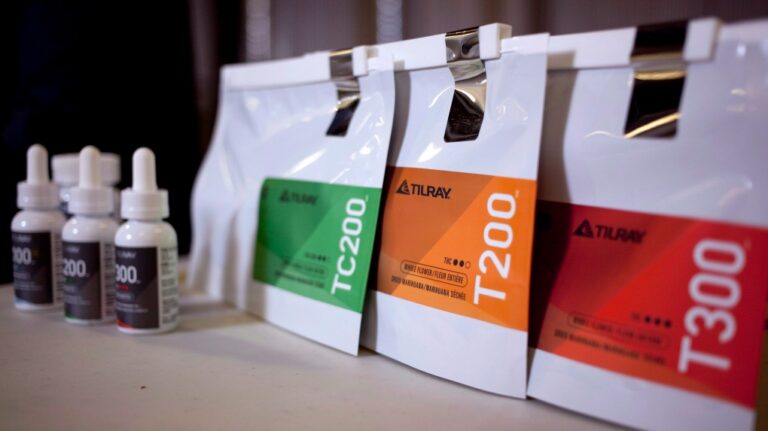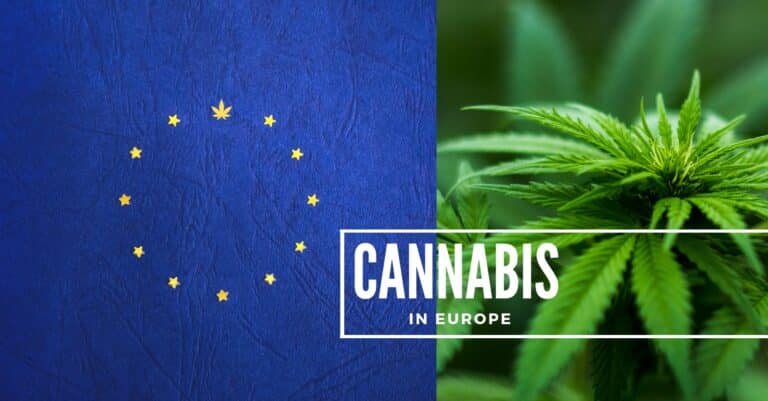According to Mike Sassano, CEO of Somai Pharmaceuticals, “Germany has long been the leader in medical cannabis reform, and all other EU nations will follow with identical versions once they are finished.”
The biggest economy in Europe, Germany, is preparing to legalize and control recreational marijuana. The German cabinet received a report on the health minister’s proposal to legalize cannabis on Wednesday. According to German Chancellor Olaf Scholz, this action will make Germany one of the first nations in Europe to legalize recreational marijuana. Currently, Malta is the only nation in Europe to have taken such a risky step.
The coalition government’s manifesto included language supporting the legalization of cannabis for recreational use. The Social Democrats (SPD), the Greens, and the liberal Free Democrats make up the coalition administration.
Therefore, it is not surprising how events are developing. However, it is unclear how long the procedure will take. While Federal Drug and Addiction Commissioner Burkhard Blienert predicted that the law would not be able to be in place by the end of 2024, Finance Minister Christian Lindner (FDP) believes that it should happen by 2023.
Lauterbach predicted that in 2021, there would be 4 million cannabis users in Germany. This indicates the existence of a thriving black market, which in all likelihood poses a serious risk to the public’s health.
There were several provisions for adult-use cannabis in Germany in Lauterbach’s plan. 20 to 30 grams of cannabis will be legal for adults to use and have on their person. The private cultivation of cannabis will be limited to two to three plants per household, according to local media sources. In addition, marijuana-related lawsuits that were still pending but were dropped owing to the new regulations. Along with the standard sales tax, the coalition administration intends to enact a separate marijuana consumption tax. Additionally, the strategy calls for the implementation of nationwide drug misuse prevention and cannabis education initiatives.
The CEO of Somai Pharmaceuticals, Mike Sassano, predicts that this action will likely set off a wildfire in Europe. “With the audacious steps taken by the German Health Ministry, Europe is formally heading toward full legalization. The public discussion that will further shape the guidelines is starting with the initial proposal that is currently being floated.
“Germany has long been in the forefront of medical cannabis reform, and once done, all other EU nations will follow with identical versions. The EU parliament and UN will be compelled to acknowledge that its laws need to be modernized, which is not surprising to both overarching bodies, as more nations take positions behind Germany. Europe will experience a cannabis wildfire in 2023, with Germany leading the charge as the largest EU economy.
In 2017, Germany approved the use of cannabis for medicinal purposes. The sale of modest amounts of cannabis at coffee shops is permitted in the Netherlands, but the industry is unrestrained. Mr. Olaf claims that Germany would not want to imitate the Dutch but rather will establish a regulated market that other European nations can use as a benchmark in the future. According to a survey performed last year, making cannabis legal for recreational use may bring in 4.7 billion euros annually for the German economy.




